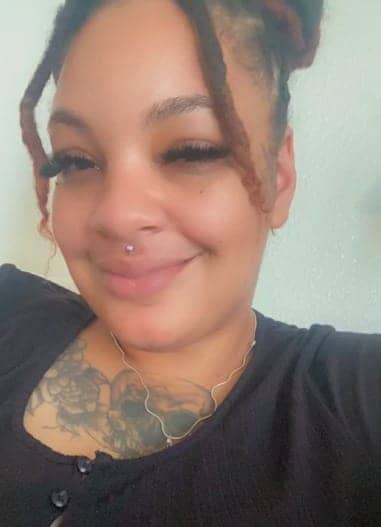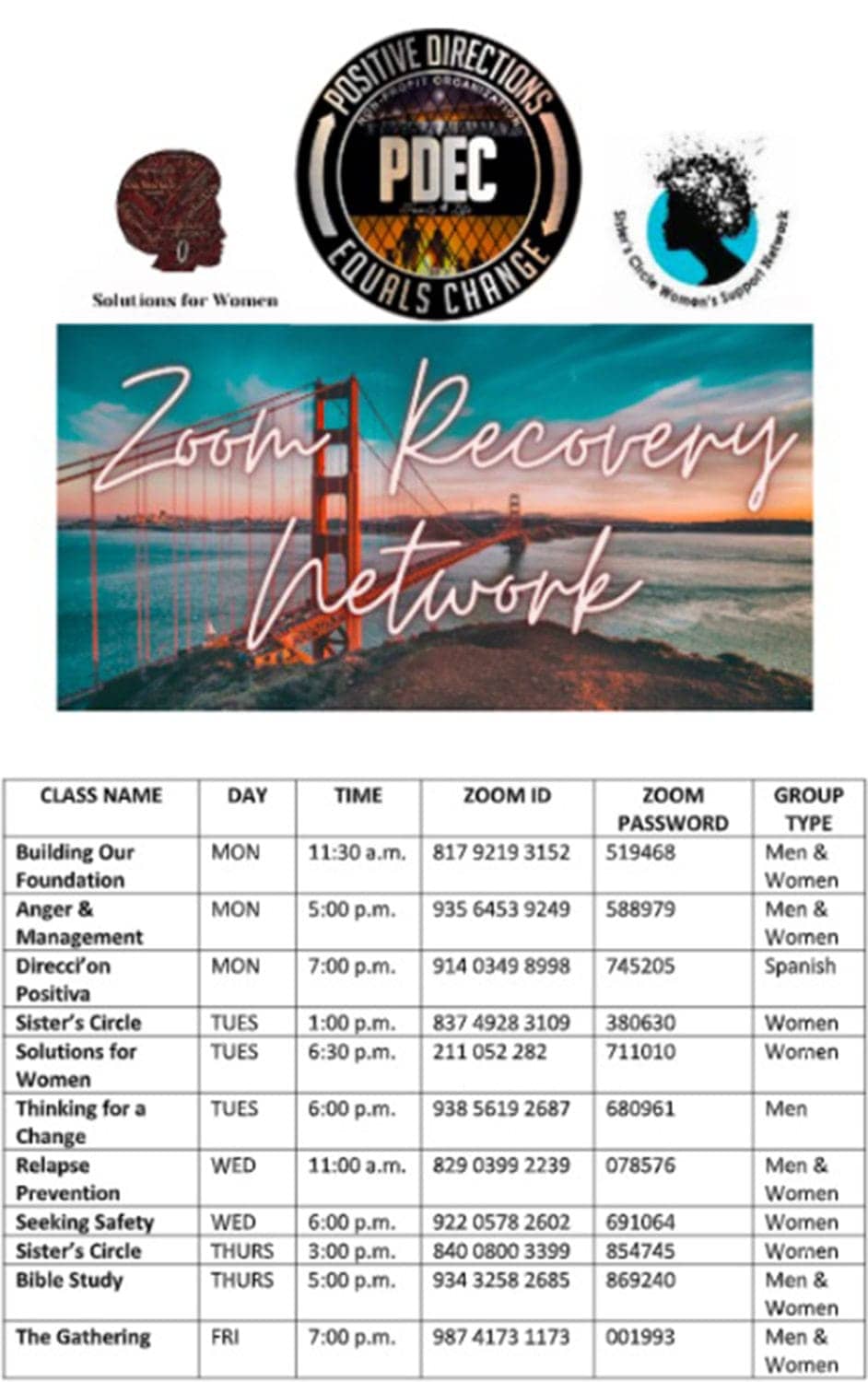
We demand more mental health services in San Francisco
by Mackenzie Houston, Westside Community Health
There has been a steady rise in mental health and homelessness issues here in San Francisco. According to City and County of San Francisco statistics, over 10,000 people suffer from mental health and/or substance abuse. Thirty-five percent of women 18-44 years in San Francisco self-reported feeling like they need to see a professional due to mental health and/or drugs and alcohol. Women have the hardest time to seek care and engage in services.
To the same extent, 1 in 4 people with serious mental illness has been arrested in their life, and over 2 million jail bookings of people with serious mental illness each year here in California. The Street Crisis Team here in SF helps to divert a good majority of mental health crisis calls that can prevent involvement with law enforcement. But unfortunately, due to the nature of the calls and what the charges are, these individuals sit and wait in SF county jails.
With talking to many mental health clinicians and social service providers in San Francisco, and working in the field, it’s well known the justice system is not set up adequately for individuals that suffer from mental health and/or substance abuse. Another barrier is that psychiatrists are understaffed, leading to a disarray of needs not being met while an individual with severe mental health is in a crisis mode or is seeking sustainability of services to treat the illness. These individuals may need an evaluation done, need to change medication, find a therapist, learn how to navigate the system for improved health and just thrive – instead of merely surviving or not.
What is working are the collaborative treatment courts in San Francisco. In my role with Westside Community Health as a case manager, I work through the courts with individuals who have serious and persistent mental illness. The beauty of the collaborative courts is that they are designed to partner with clinicians and other social service providers to address the mental health concerns that intersect with substance abuse and homelessness too.
Most clients coming out of jail will need a higher level of care.
Working in this population, I have learned that there is a wider need to address the quality of life and stability that these individuals need. The limited availability of ADUrs in the city makes it hard to place people in the right setting. Most clients coming out of jail will need a higher level of care. Most programs that have openings are not equipped to handle individuals with mental health, but most do in hopes that they will stabilize. But stabilization starts within the jails and/or hospitals.
Stabilizing a client prior to coming into the community is necessary. And, for them to be properly looked after when released is crucial. Luckily, there are a number of providers and services available for clients with mental health challenges. But much more are needed.
The city needs to see the demand and offer more services. Placing individuals with mental health and substance abuse issues in a Single Room Occupancy (SRO) or apartment is not helping the community in San Francisco. But raising the awareness of the services needed will help tremendously.
The Positive Directions Equals Change and Westside Community Health teams are amazing and guide me through this learning experience. I serve as a case manager for Westside Community Health as a liaison to the Misdemeanor Behavior Health Court (MBHC). It feels good to give my best to those I work with and serve. So much more is needed and the blueprint is set – we need to properly fund it and stick with those clients over the long haul.

I want to shout out Positive Directions Equals Change for giving me this opportunity and for taking on the challenge in this desert. Special shout out to Cregg Johnson, Cedric Akbar, Rena Wade, Lisa Wood-Oliver and countless others who have paved the way and continue to serve and protect. It’s an honor to work with the courts and the community-based organizations making a difference in the lives of those of us who are vulnerable.
If you or someone you know needs help for addiction or co-occurring disorder issues, please give us a call. Positive Directions Equals Change, a community-based organization in the Bayview, offers classes and support groups each day of the week. If we aren’t the best fit for you or your loved one, we will take the necessary time to work with you to find a treatment center or provider that better fits your needs. Please give us a call at 415-401-0199 or email our team at recoverycorner@pd4life.org. The schedule is below and all are welcome.
Mackenzie Houston was raised in Flint, Mi., and always knew she wanted to help people in need. She has been clean from drugs and alcohol since July 1, 2017, and working as a case manager since 2018. She is currently attending CCSF to obtain her drug and alcohol counseling certificate.





